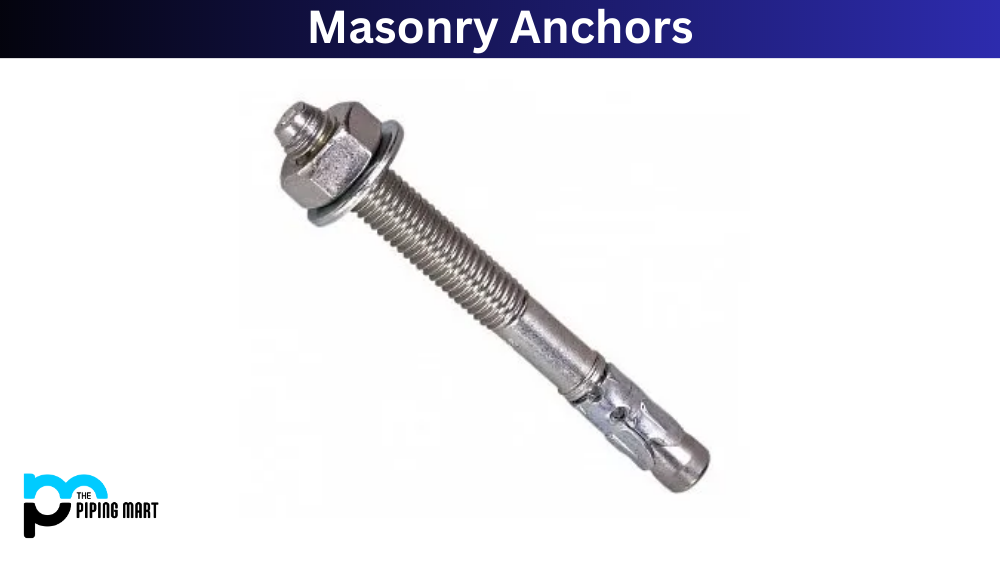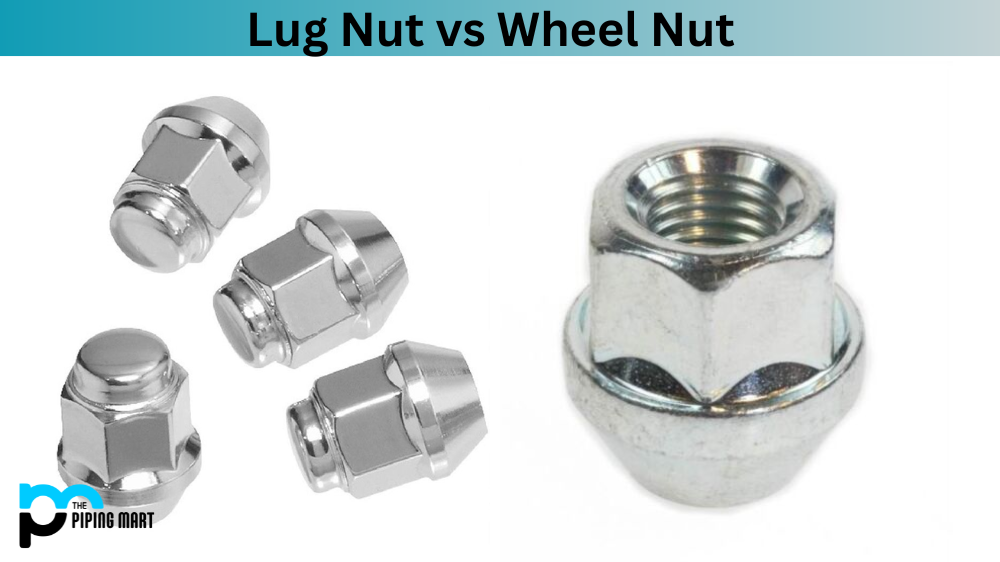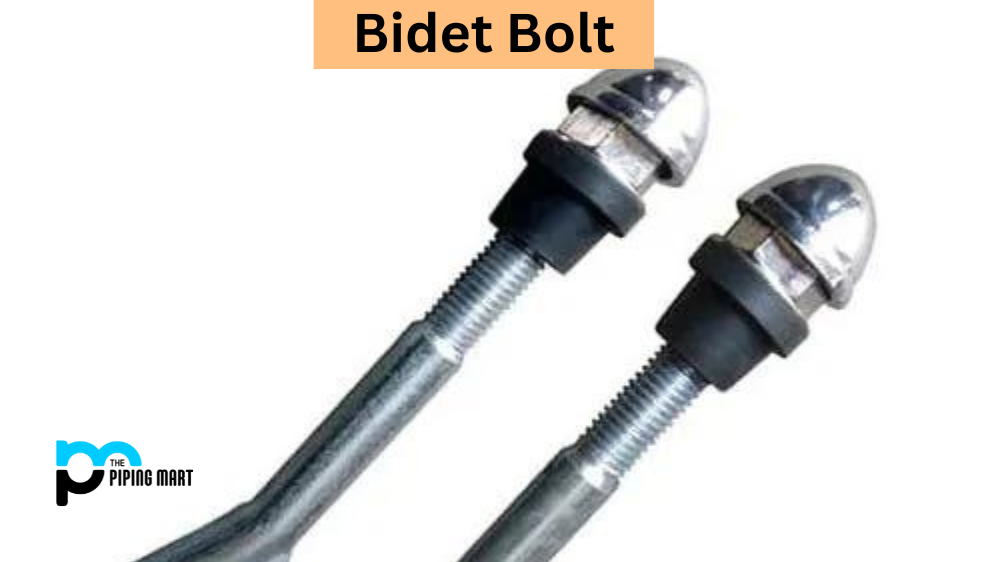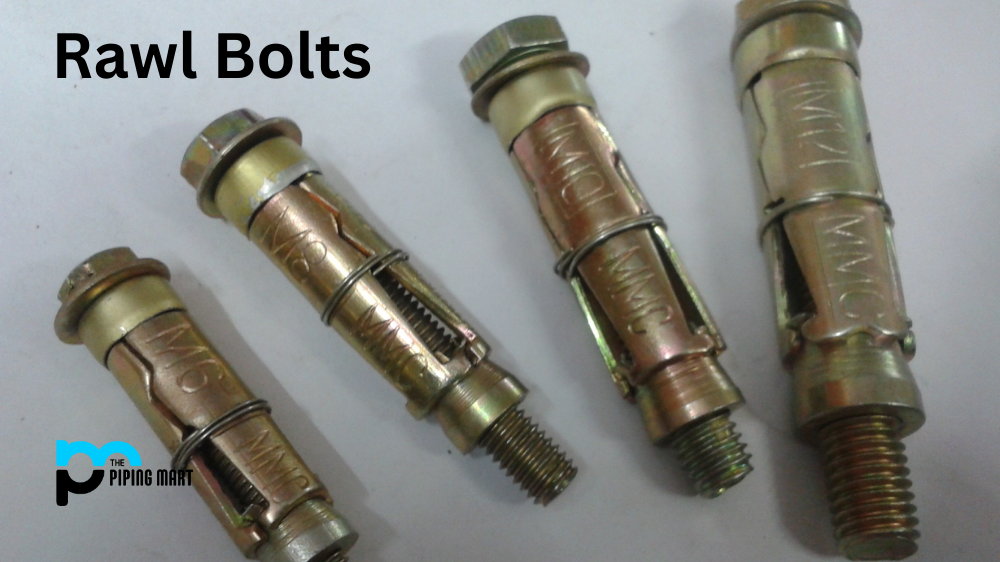When anchoring something to a brick or concrete wall, you must be confident it won’t come crashing down. But with so many different types of masonry anchors, knowing which is best for your project can take time. In this article, we’ll review the most common types of masonry anchors to help you choose the right one for your needs.
Types of Masonry Anchor
Sleeve Anchor
These heavy-duty anchors are designed for use in solid masonry. The sleeve is a hollow tube that collapses when you tighten the nut, creating pressure against the sides of the hole. This type of anchor is ideal for hanging heavy objects or use in seismic zones. They come in different sizes and materials, making them versatile for various applications.
Wedge Anchor
Wedge anchors are also designed for solid masonry but are especially useful for adding structural support. They work by expanding against the masonry when the nut is tightened. They are easy to install and provide a high level of holding power. They are also ideal for use with concrete, especially when you need to secure rails or posts.
Threaded Anchor
Threaded anchors are essential for ensuring your construction projects stay safe and secure. Understanding how to properly install and use them is crucial for maintaining structural integrity and preventing costly repairs. With deep knowledge and expertise in construction materials and practices, our team can guide you through selecting the right threaded anchor for your specific applications and ensure they are correctly installed to keep your project on solid ground.
Concrete Screws
Concrete screws can be used in both tangible and solid masonry. They are easy to install and provide a stronghold. They cut threads into the masonry, which holds tight against the wall. They come in different lengths and diameters and can be used for various applications, including hanging pictures, shelves, and cabinets.
Drop-In Anchor
Drop-in anchors are designed for use in concrete. You drill a hole in the concrete and insert the anchor, which is then expanded by a setting tool. Once installed, they provide a strong hold that won’t come loose. Drop-in anchors are ideal for threaded rods or bolts and are suitable for heavy-duty applications.
Plastic Anchor
Plastic anchors are ideal for use in softer types of masonry, such as cinder blocks or brick. They are easy to install and are not as heavy-duty as other types of anchors but are great for hanging lightweight items. They come in different lengths and sizes and can be used for various applications, such as hanging picture frames, mirrors, and towel racks.
Expansion Anchor
Expansion anchors are essential for any construction project requiring secure attachment to concrete or masonry. These anchors create a mechanical bond between the material and the anchor as it expands. They come in various sizes, shapes, and materials to accommodate diverse applications and weight requirements. Installation of these anchors may require specialized tools and techniques, so it’s best to consult an expert in the field for the best practices and advice. The durability and reliability of expansion anchors make them indispensable in the construction industry.
Conclusion
Choosing the correct type of masonry anchor is essential for ensuring a safe and secure installation. It can be overwhelming with so many different types of anchors to choose from. Understanding the different types available and their applications allows you to decide which anchor is best for your needs. Whether you need to hang a heavy object, add structural support, or hang a picture frame, there is an anchor out there that will work for you.

A passionate metal industry expert and blogger. With over 5 years of experience in the field, Palak brings a wealth of knowledge and insight to her writing. Whether discussing the latest trends in the metal industry or sharing tips, she is dedicated to helping others succeed in the metal industry.




